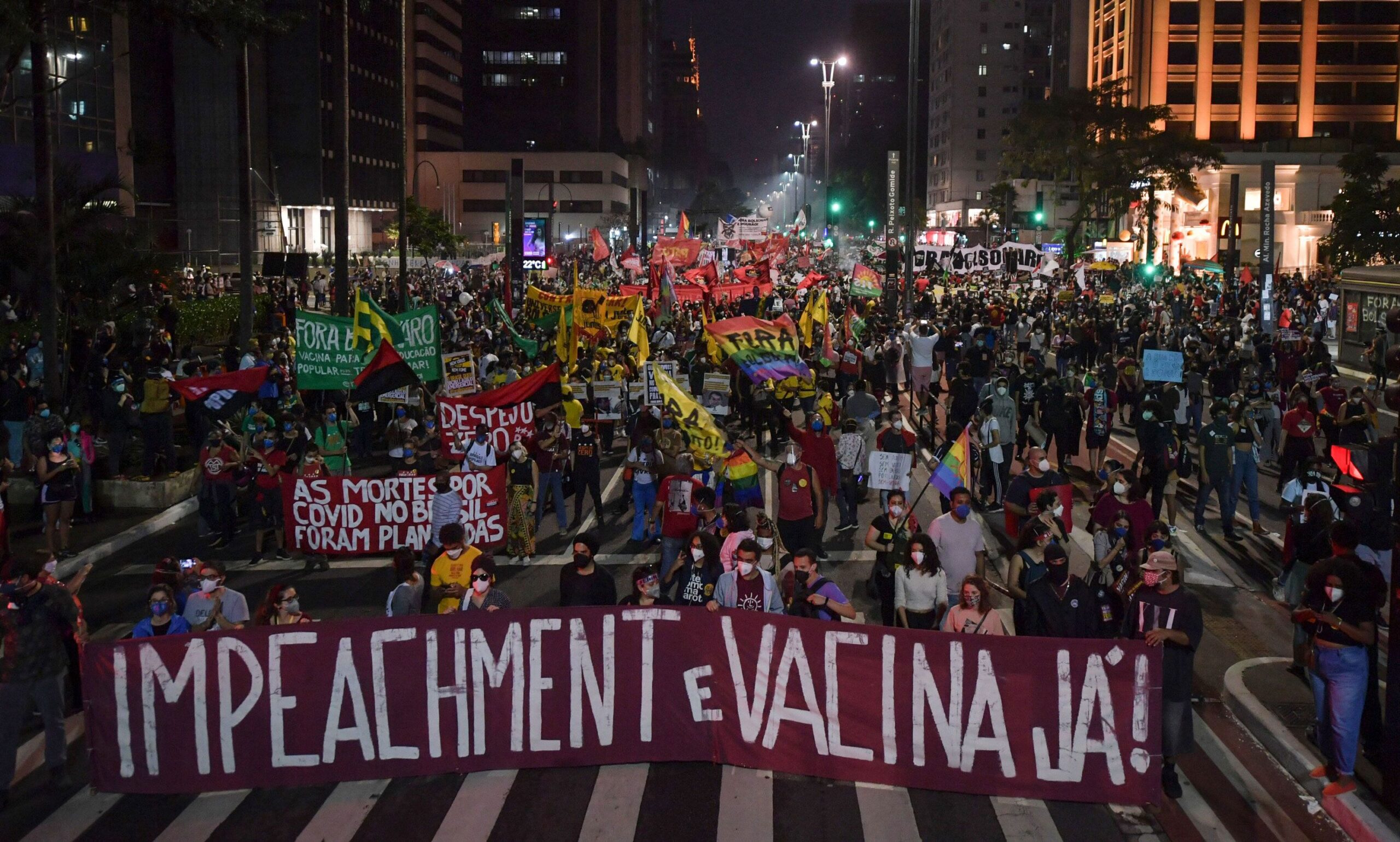On January 8th, supporters of Jair Bolsonaro, Brazil's former president, stormed Brazil's Congress, Supreme Court, and federal buildings in Brasília, the country's capital. Their main demand was for a military intervention in order to overturn the recent election of Luiz Inácio Lula da Silva (also known as Lula), leader of Brazil's Worker's Party. In the weeks following these events, demonstrations across the country have called for the prosecution of those who funded the coup.
The demonstrations, which occurred in cities all across the country, were organized by Frente Brasil Popular and Frente Povo Sem Medo. These are two popular fronts made up of unions, coalitions, and groups like the Landless Workers Movement, the National Student's Union, and Levante Popular da Juventude - a national youth organization. North Star spoke with Ana Julia, an organizer with LPJ, about the role of youth in the demonstrations.
"Sem Anistia" or "No Amnesty" was one of the main chants heard at the demonstrations, which refers to the 21 year-long dictatorship in Brazil which began with a military coup in 1965, and ended with an amnesty law that pardoned all the political crimes during that period - including the torture of 20,000 people and 434 extrajudicial killings. Bolsonaro provoked public outrage after defending a notorious torturer of the dictatorship, and in 2019 he ordered a military commemoration for the 55th anniversary of the coup.
Initial investigations into Bolsonaro's government showed that he welcomed foreign investors like JP Morgan Chase, BlackRock, and Canadian pension funds, to lobby within the agribusiness sector - one of the main economic drivers in Brazil that supplies over half the world’s soybean trade. Significant consolidation of political and economic control in Brazil by corporations and foreign monopolies has caused a large amount of workers, peasants, and farmers to lose faith in the government. Ana Julia spoke to North Star on how unions are reacting to the current political situation.
Many Brazilians are hoping that this new political era will bring unity to their extremely divided country. At a demonstration in Montreal organized by the Coletivo Brasil-Montréal (CBM), a solidarity organization for Brazil based in Montreal, members of the Brazilian diaspora and their allies denounced the coup attempt. North Star spoke with Julia Salles, a member of the CBM, about the hopes for unity.


